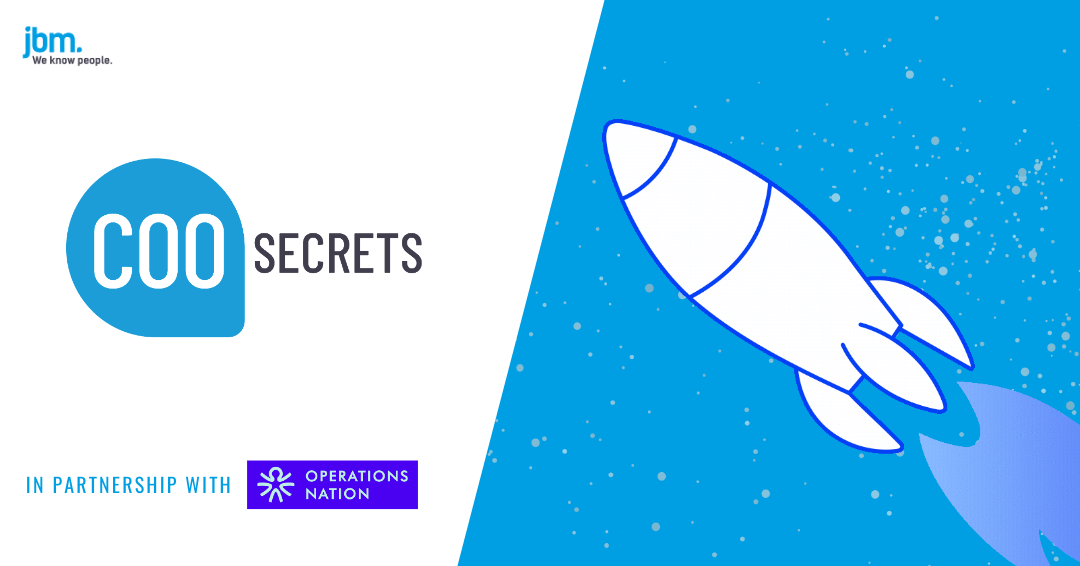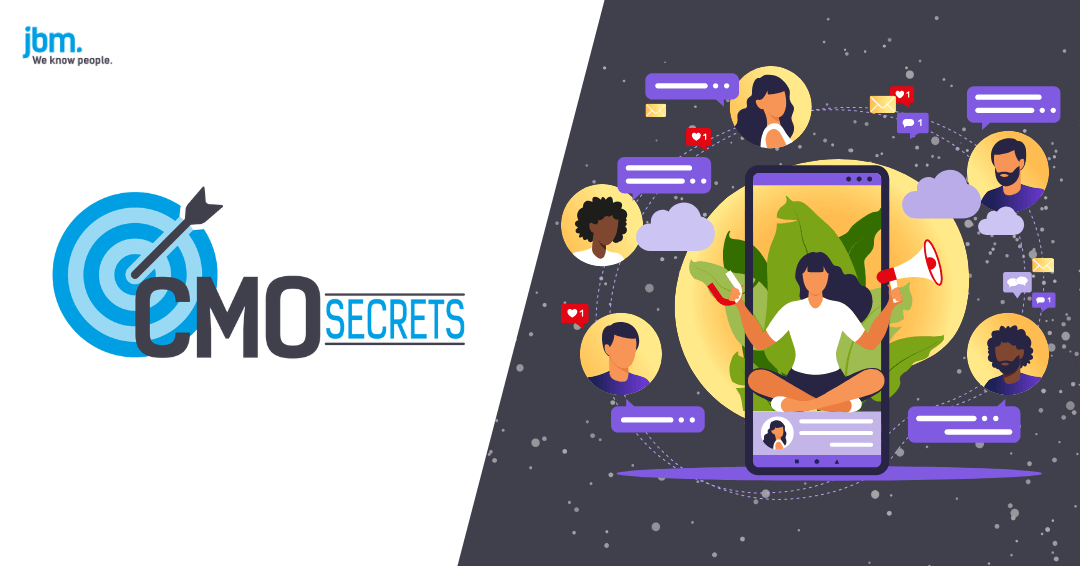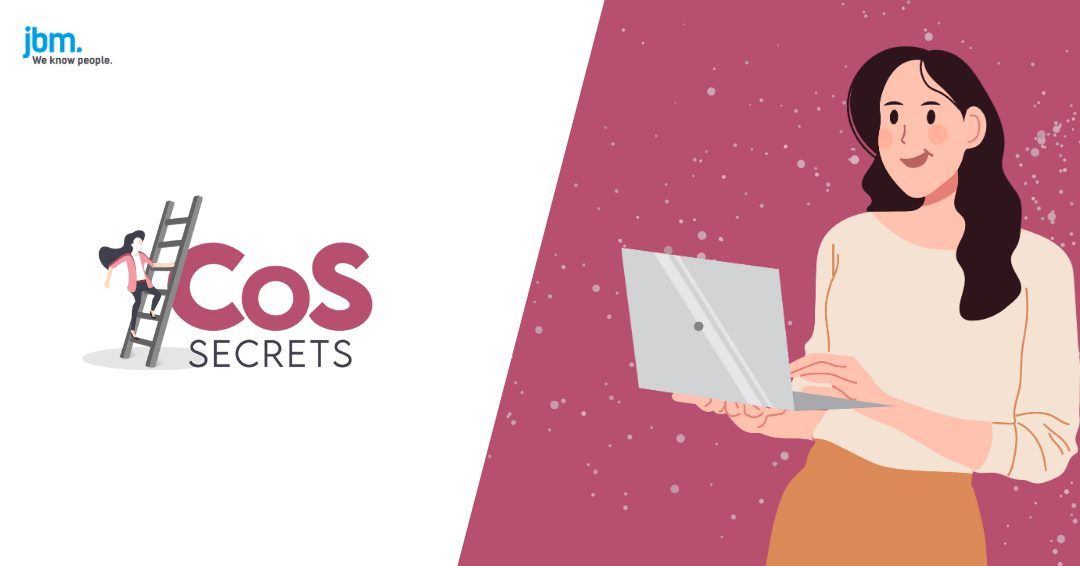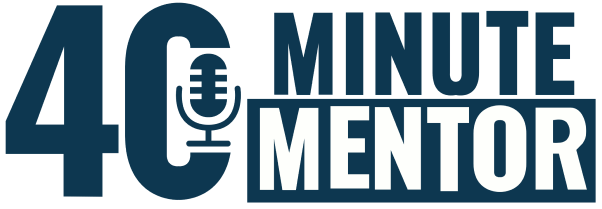
Ever thought about becoming a COO? Learn from some of the best COOs in the industry on what it takes to be successful in the role.

Aspiring to become a CMO? In our free video series, you’ll gain unique perspectives and behind the scenes insight from the best CMOs around.

Think you might be cut out for a Chief of Staff role? Or are you considering hiring a Chief of Staff? Check out our free video series.

Our popular podcast 40 Minute Mentor inspires the next generation of category-defining Founders.
In our powerful career stories from purpose-led Founders to Olympic champions; you’ll learn first-hand from today’s successful leaders on what it takes to be brilliant, all in just 40 minutes.